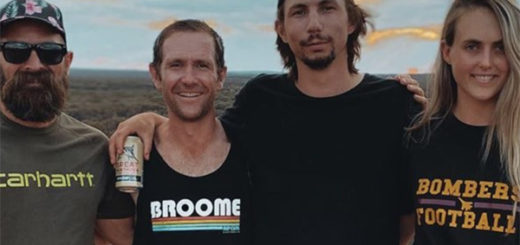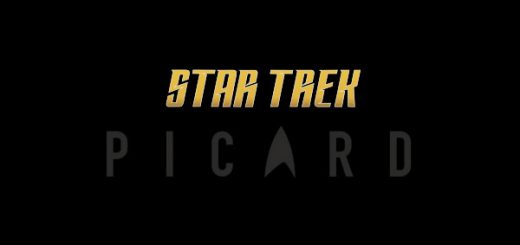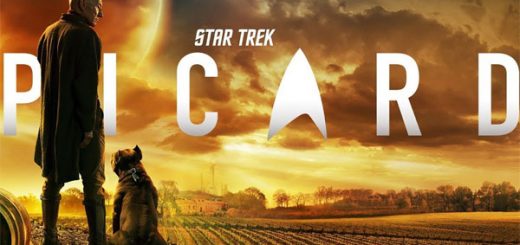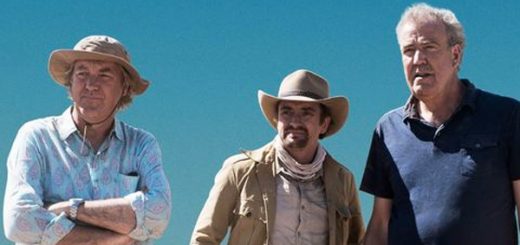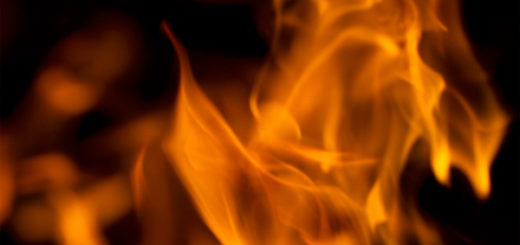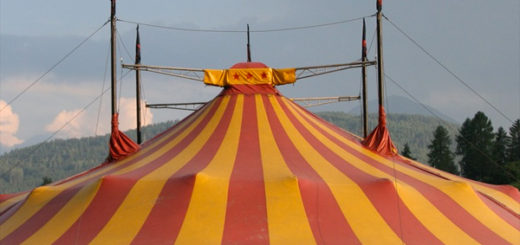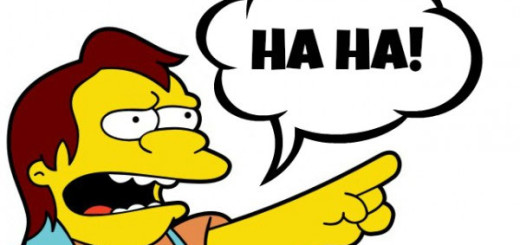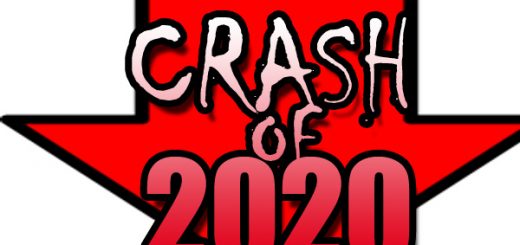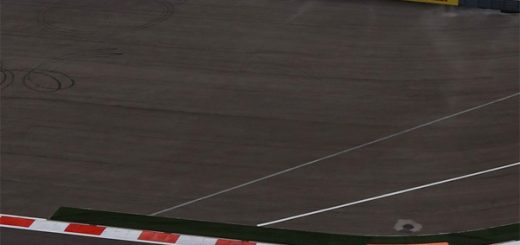The First 48: True American Reflection?
I can be honest in saying that I have been a fan of The First 48 since it started on A&E in the US a number of years ago. I can admit to being a bit of a true reality lover, someone who is interested in how real life works for others. I don’t like a glossed over, polished up story as much as I love the true grit. The very first episode of The First 48 with the crew from Miami Homicide had me hooked, sure there was editing but damn straight it was real.
What struck me recently after having missed the show for a couple of years (I not longer get A&E where I live… it’s harder to get to see things) is how much the show has become a reflection of much of the vaunted American way of life. In many ways, I can see the show not just as a true life cinema verite, but rather as a clear indication of what has broken down in the US, on the very small and very low levels.
There are three things that become very clear when you watch the shows. Those three things come together to create a sort of perfect storm of systematic failure for the US model. Moreover, the fundamental rights that Americans hold dear are in fact the very things that are driving them into conflict and into a cycle that looks like it will end in failure.
First off, low level criminality is a constant in much of America. We aren’t talking the murders here, but more the drug dealing, the stealing, abusive behaviors, and so on. It’s an indication both of the tolerance level of society as a whole, as well as a systematic failure in the legal system.
Second, too many Americans lead desperate, failing lives. They are making ends meet often by stealing someone else’s ends or spending every penny they have on the drugs and booze to insulate them from reality they live in. If they have work they go to dead end jobs, temp work, and the like, they hate it, they have no connection to it, and are just as likely to leave it.
Third, much of America lives in constant fear of the first two groups, who appear more than willing to violate they space, their rights, and their property to “get better”.
The world economy has dealt Americans a truly crippling series of blows in the last couple of decades. Much of the manufacturing and warehousing jobs that kept Americans employed have been whittled away, it’s cheaper to pay people in China, India, Thailand, Mexico, Indonesia and a host of other places to make the goods and ship them to America. Computer efficiency has both raised employee productivity and at the same time shrunk the needed size of warehouses to hold inventory. Big box retailers like Wal-Mart and big online retailers like Amazon have taken that even further, making it harder for small businesses in retail to succeed and also forcing many from the supply chain businesses out of work. Now talented and experienced people are cleaning tables at McDonalds and working as minimum wage greeters at WalMart, and the people who would have been in those jobs in a robust economy find themselves unable to compete for the jobs anymore, grinding more of them into the cycle of failure I mentioned above.
When the economy tanked, another group got forced into the muck, tossed out of houses they could no longer afford, losing cars they could no longer pay for, and losing jobs that could no longer afford them.
The only saving grace is that some manufacturing jobs are coming back to the US because of a combination of higher fuel costs to transport goods as well as that Americans are finally willing to work for wages that makes companies competitive to offshoring.
The First 48 reflects often what is happening to the people at the bottom of the pile. Homeless, poor, drug addicted, predatory gang members, and just plain desperate folks are ending up committing the ultimate offence of murder, force by situation or their own bad choices. When you look around them, you see the real problems, from boarded up and abandoned buildings to posses of equally desperate and failing family and friends. They can no longer afford to be polite or be respectful, their route to a better life or just plain survival isn’t pretty or safe.

